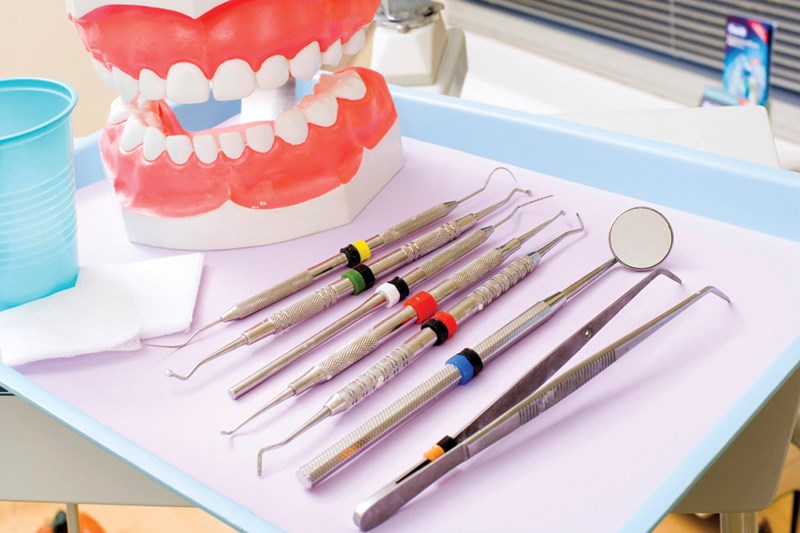
Susan MacFarlane
Do you believe adding fluoride to drinking water is a pillar of public health? Or do you believe it’s time to stop the mass medication of the public via the water system?
As former general manager of Lambton Area Water Supply System, I was often asked whether I thought fluoride should be removed from the drinking water. My standard answer was, “I get paid not to have an answer to that question.”
Now that I’ve left LAWSS I’ve thought about the answer to this difficult question. For instance, I do accept that fluoridated drinking water is one of the greatest public health advancements of the 20th Century, one and has saved kids a lot of dental cavities.
But it’s also known ingesting fluoride, even at the approved dosages, is not the best way to deliver this method of cavity prevention to children.
I also believe ingesting fluoride may have negative health impacts on some children and adults. We also know fluoride in drinking water is only effective on children’s teeth up to a certain age, and that fluoride in drinking water can cause unsightly staining of the teeth, called fluorosis. I would suspect stained teeth could impact a child’s self-esteem.
A Multitude of studies have been done on both sides of the fluoride question. One troubling study showed fluoride addition in drinking water might reduce children’s IQs. I have also read fluoride ingestion might damage joints, connective tissue, the brain and testicles.
But another troubling study found the rate of DEFS (decay, extracted, filling and surface troubles) doubled for children in the City of Calgary after fluoride was removed from the drinking water.
In my opinion the million-dollar question is — does the positive impact of reducing cavities in all children outweigh the negative potential health effects for the population that doesn’t need to ingest fluoride, either because of age or the fact they already get regular fluoride treatment at the dentist? This is the difficult question that few people, including myself, are qualified to answer.
My suggestion would be to only remove fluoride from the water supply if we have a public health program in place to ensure all children have access to fluoride treatments, whether they go to a dentist regularly or not.
LAWSS spends about $150,000 a year on the fluoride delivery system and the chemical itself. Some have suggested that money could allow a public health program to deliver fluoride to school children.
How much would it cost to implement this public health program and for how many school years would it have to be delivered? Those questions would need to be answered before this pillar of public health could start to crumble.
Susan MacFarlane is an environmental engineer and former general manager of the Lambton Area Water Supply System.
